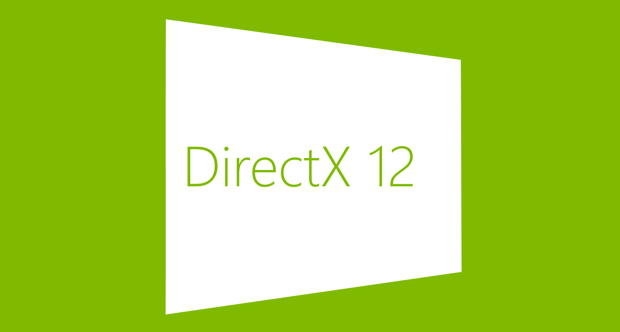Earlier this week Microsoft announced new details regarding the upcoming graphics API, DirectX 12. The new API will improve games performance by 50%, however as far as PC games go, it will be a Windows 10 exclusive. One of the big advantages of DirectX 12 is that it reduces CPU overload by several percentages.
So how is this possible? Well, Brad Wardell, CEO of Stardock Studios shared a screenshot on Twitter showcasing an Intel 5960x under heavy load. He then points out that DX11 will never be able to handle this and this is why Intel should be excited by DX12 and Mantle. Wardell’s take on this is interesting since the new API definitely has a lot of potential, but given that it’s not even out yet, it’s hard to assess its impact at this moment.
Stress test. DirectX 11 could never handle this. pic.twitter.com/xvXBNkQdxo
— Brad Wardell (@draginol) January 22, 2015That image is why @IntelGaming should be very excited about DirectX 12 and Mantle. That screenshot is on a 5960x.
— Brad Wardell (@draginol) January 22, 2015In related news, it was announced that Unity is making its transition to support DirectX 12. In the comments section of the official announcement at Unity’s Blog, a few interesting details were revealed by the engine’s developers.
It’s expected that Microsoft, Intel, and Unity are doing tests with Direct3D 12 on current generation hardware. So will Unity release the DX12 update in the form of a driver or whether the phase of development and improvements will only be limited to hardware changes in GPU/CPU design by the Intel, AMD, Nvidia?
Tomas Jakusbauskas from Unity stated that it will only be driver update for Windows 10 and the new API will be supported on Fermo and later GPUs by Nvidia. For AMD, it will be supported by Intel’s Haswell and later processors’ graphics units.
For those expecting an update on Unity for MAC regarding geometry shaders and compute shaders, Aras Pranckevicius from Unity stated that since none of the OSX’s support compute shaders, there will be no support for GL 4.3+ on OSX.
Stay tuned for more news and updates on DirectX 12.














